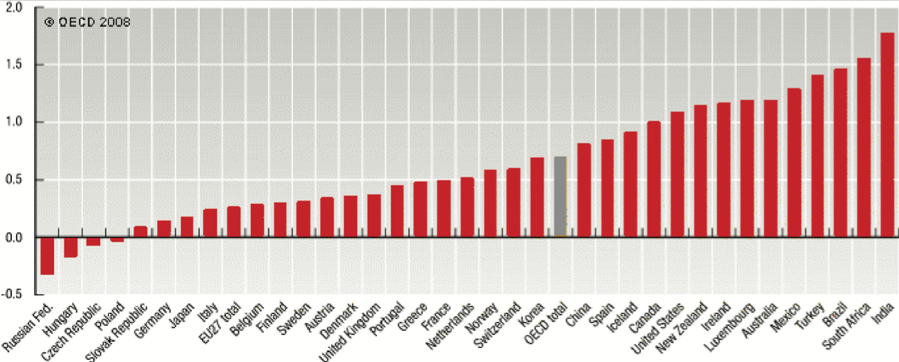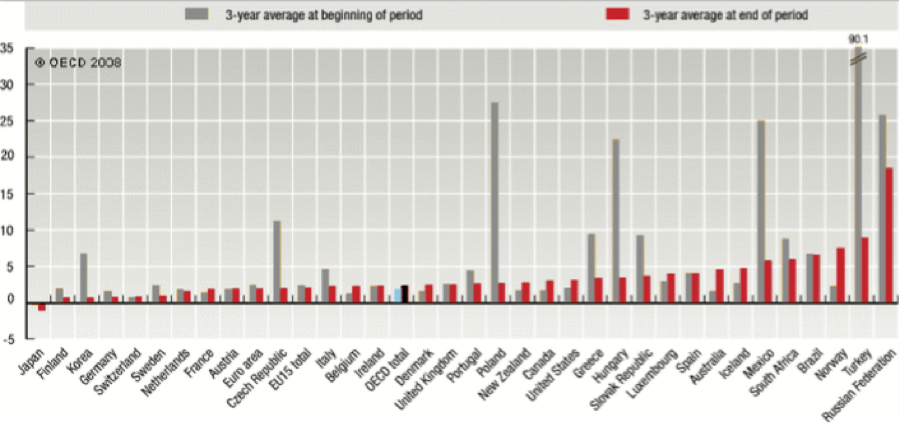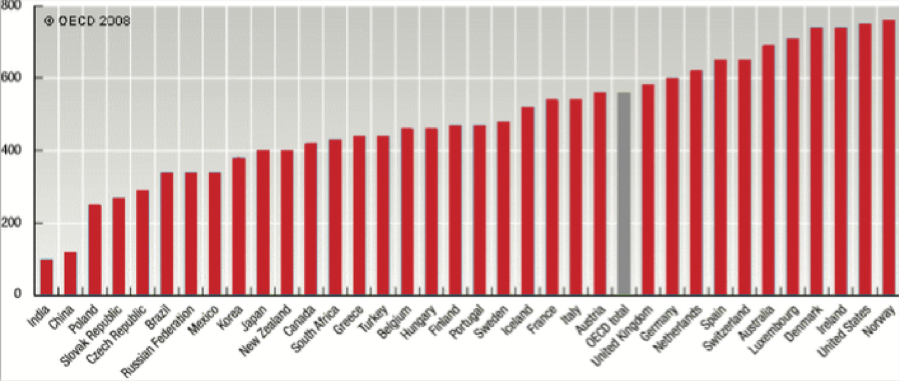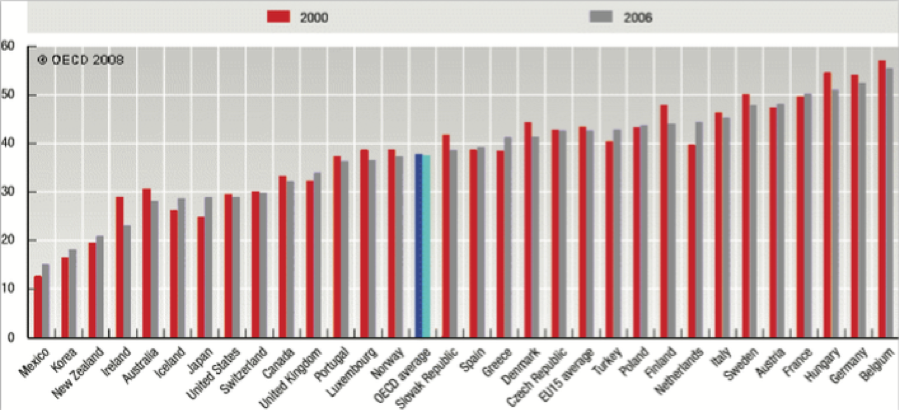Afew months ago, a Lebanese politician from the parliamentary minority hinted at the possibility of cancelling the Paris III agreements of January 2007, during which some $7.6 billion destined to support major reforms in the Lebanese economy were pledged by the international community. But can the Paris III process really be reversed? And if so, what would be the consequences?
Nassib Ghobril, head economist at Byblos Bank, is of the opinion that, “the objections of certain political factions to Paris III that were recently reported in the press about the possibility of canceling Paris III can be put in the framework of political haggling. This particular statement was made during the negotiations dovetailing the ministerial declaration. They appear to be only political motivated and are thus far from being a realistic proposal.”
During the past two years, the overall implementation of Paris III, including privatization of key sectors, among them Electricité du Liban (Lebanon’s electricity company), the telecom sector and the Casino Du Liban, has been delayed, mainly because of security problems (a war, a one-year blockade, and a few skirmishes) and political dissensions that culminated in the total paralysis of political life with the cabinet’s work severely impaired by the total closing of the parliament, making it impossible to legislate and implement any new reforms for more than a year.
Paris or no Paris?
“These reforms, which are at the heart of Paris III, can only be implemented by a functioning parliament and cabinet,” said Ghobril, which means that in the absence of political consensus, the full implementation of Paris III might be postponed indefinitely.
The economist underlined, however, that the actual cancellation of Paris III is impossible as the agreement made in Paris in 2006 is backed by contracts signed by Lebanon and international governments and institutions, some of which have disbursed part of the funds.
Louis Hobeika, a professor at the American University of Beirut (AUB), tends to agree with Ghobril. He added, however, that although the Paris III agreement cannot be cancelled it may be modified or adapted to the new economic reality. “The scenario submitted to donors during the Paris III conference was certainly too optimistic when it came to certain aspects of the economy such as inflation, economic growth and government expenditures,” Hobeika explained. The AUB economist underlined that Lebanon’s needs in aid have also grown significantly since the deterioration of the economic situation in the last few years.
“One of the purposes of the Paris III conference was to allow the government to reduce its public debt, which since 2006 has increased significantly by $6 to $7 billion. Forecasts should therefore be modified accordingly,” Hobeika said. A recent Lebanon This Week report put the Lebanese public debt at $44.4 billion in June 2008, up from $40.37 billion in December 2006.
Hobeika explained that he was initially opposed to holding Paris III at the time for several reasons. The scenario put in place was overly confident and optimistic, forecasts were inaccurate and the local political context unfavorable. “Supporters of the Paris III conference argued at the time that it was imperative it should be held before French president Jacques Chirac, known for his personal relations with the Lebanese government, stepped down. The government could have asked for Arab funding and postponed the Paris III conference until the situation improved, without committing itself to unrealistic objectives which has reflected negatively on Lebanon’s image,” he argued. None- theless, he underlined that once a government committed itself to an economic program in coordination with international countries and institutions, its decisions can in no way be recanted by subsequent governments that come to power.
In addition to the impossibility of breaking international agreements, Ghobril pointed to the fact that many sections of the Paris III agreement have actually been implemented with disbursement of funds. According to the economist, some $4.5 billion have been committed by international donors, amounting to 63% of the total funds pledged during Paris III.
The Byblos Bank report highlights the different amounts pledged: while budget support agreements totaled $1.86 billion, equivalent to 39.4% of total signed agreements by the end of June 2008, private sector support amounted to $1.27 billion (26.9%) and project finance support to $1.03 billion (21.8%). “Project finance has witnessed the lowest disbursements as it requires parliamentary approval, while Central Bank support has been fully disbursed,” emphasizes Ghobril.
Able to swim without aid
Although the donors’ lifeline seems essential to Lebanon, it does not account for the country’s survival, which can be essentially attributed to its resilient economy. Hobeika believes that foreign aid bestowed on Lebanon will not insure the country’s resistance to economic shocks while implementing reforms related to budget deficit and the establishment of proper structure could.
Ghobril agreed, stating that, “Lebanon has been able to survive through extremely adverse conditions and repeatedly proven its economic buoyancy. Compared to other countries such as Jordan, which would suffer tremendously from foreign aid drying up, Lebanon relies on much smaller amounts of foreign aid.”
Putting forth indicators of Lebanon’s economic resilience, Ghobril discussed the recent relatively easy renewal of the treasury bonds that matured this year, in spite of the unstable Lebanese situation. “Byblos Bank jointly with BLOM manages a 500 million Eurobond that was recently twice over subscribed due to large demand. This proves that that Lebanon does not essentially rely on donors’ aid and foreign investors,” he said.
Lebanese investors are also dedicated to their banking sector and have proven numerous times that they will not exit the market at the first shock, as it has been the case in some countries in South America. In addition to the Lebanese state never having defaulted, the Lebanese banking system has proven repeatedly its ability to face one crisis after another.










